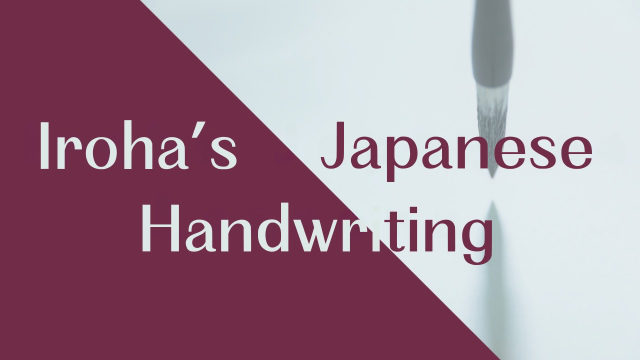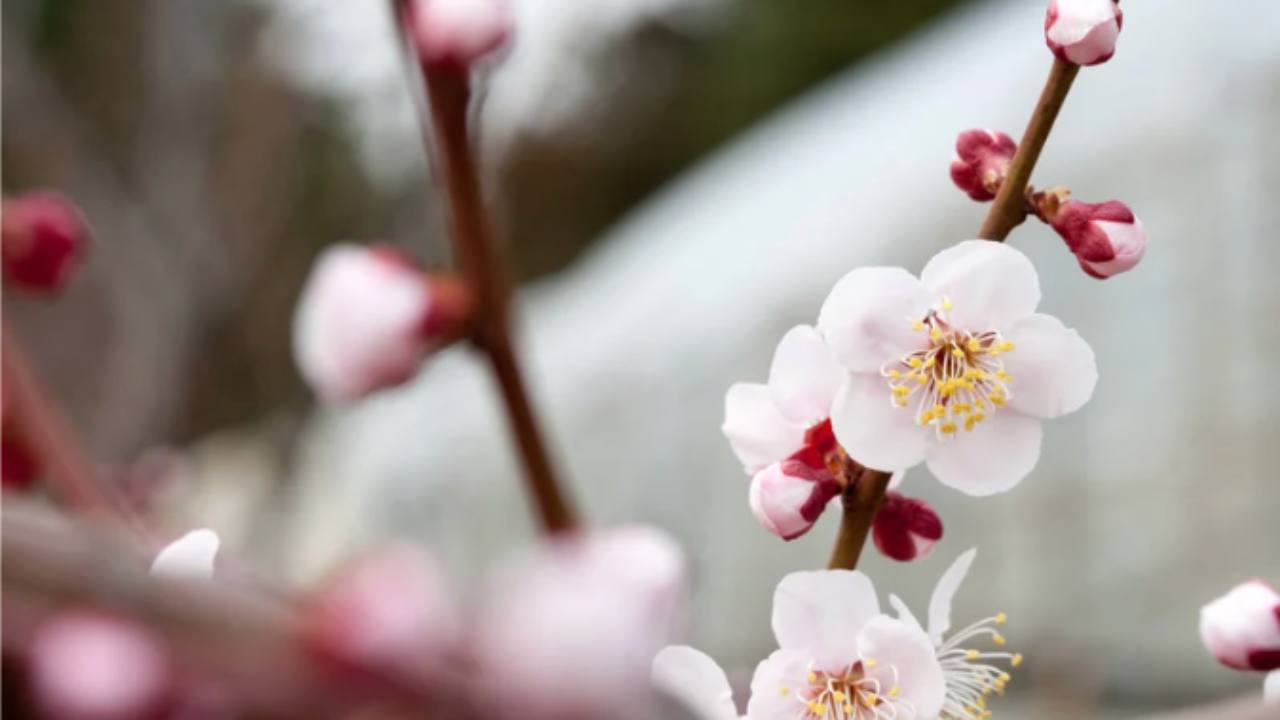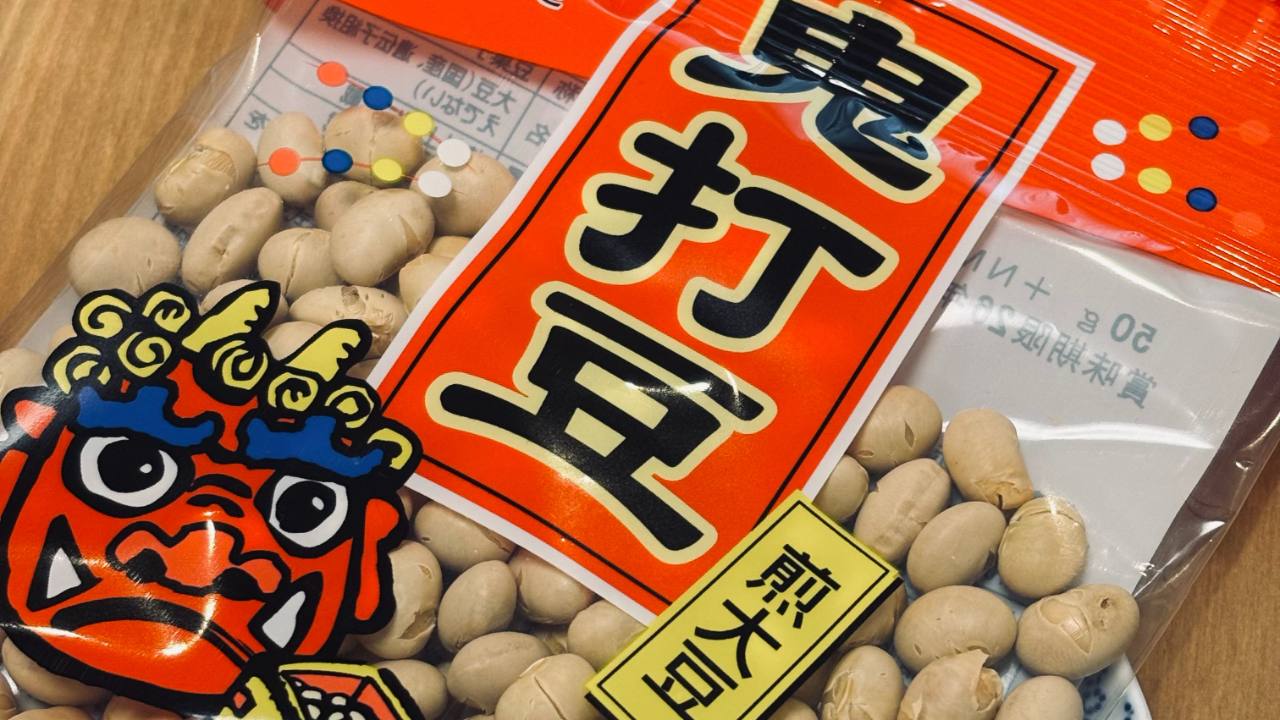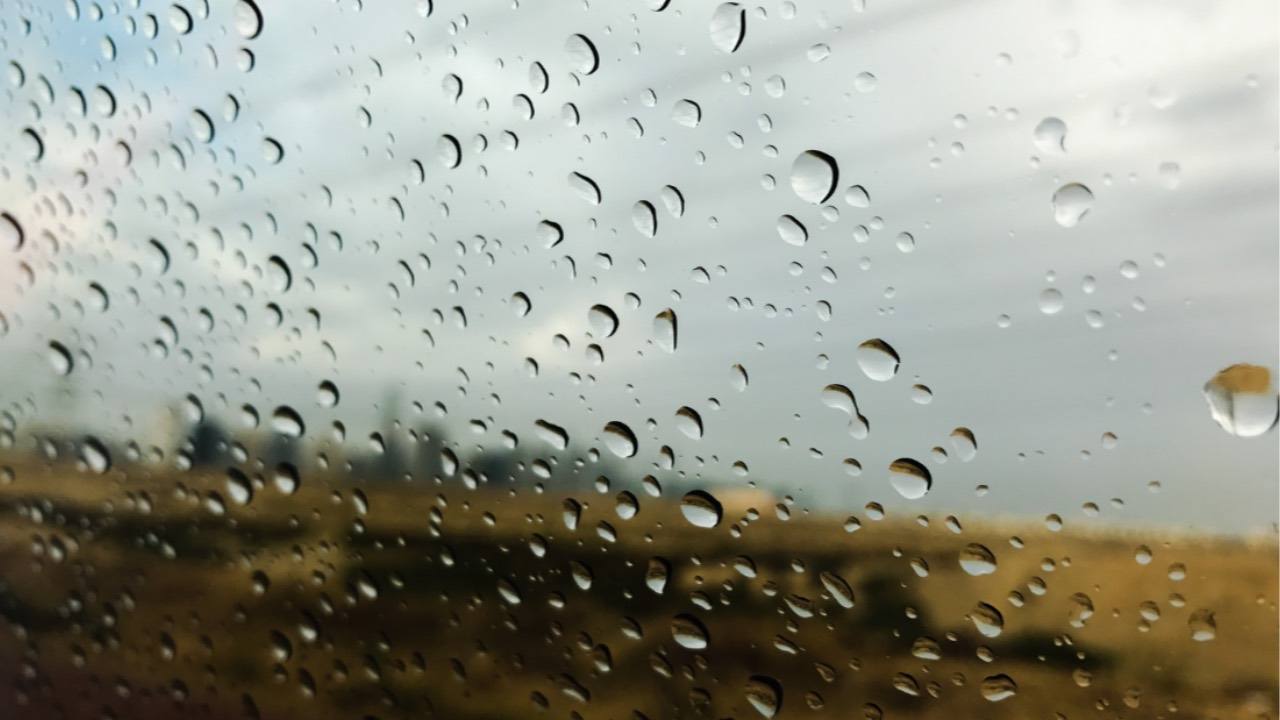無常観/Sense of Impermanence
こんにちは、いろはです。
前回のニュースレターでは、「散り際の美しさ」についてお話ししました。
Hello, this is Iroha.
In last week’s newsletter, I wrote about the beauty of falling blossoms.
今日は、その背景にある日本独特の美意識、「もののあはれ」と「無常観(むじょうかん)」について、少しだけご紹介したいと思います。
This time, I’d like to share with you two uniquely Japanese ways of seeing the world:
“mono no aware” and the sense of impermanence, known in Japanese as mujōkan.
「もののあはれ」とは?
What is mono no aware?
「もののあはれ」とは、移ろいゆくものごとに心を動かされる感性のこと。
Mono no aware is a deeply emotional and poetic sensitivity to the transience of things.
目の前の景色や出来事に、「ああ…」と静かに感じ入るような、やわらかく深い感情です。
It’s the quiet, heartfelt feeling that arises when we witness something beautiful that is fleeting.
たとえば、桜が散る様子、夕暮れに照らされる風景、短く咲く花の命。
Think of cherry blossoms falling, a sunset fading, or a single flower blooming for just a day.
何かが終わっていく瞬間に、寂しさと同時に美しさを感じる。
それが、「もののあはれ」の心です。
There’s a gentle sadness in knowing it won’t last—but also a sense of peace and beauty in that very ephemerality.
That’s mono no aware.
無常観とは?
What is the sense of impermanence?
「無常(むじょう)」とは、この世のすべてのものは常に変化し、永遠ではないという仏教の考え方です。
The concept of impermanence, or mujō, comes from Buddhism.
It teaches that nothing in this world is permanent—everything is constantly changing.
日本ではこの「無常」を受け入れることで、儚いものにも意味と美しさを見出す文化が育まれてきました。
In Japanese culture, this idea isn’t seen as negative.
Instead, it gives rise to an appreciation for things that are short-lived.
「だからこそ今を大切にしたい」
「消えていくからこそ、なおさら美しい」
Because something won’t last forever, we feel its beauty all the more deeply in the moment.
そんな心のあり方が、詩や絵、書道、そして暮らしの中に息づいています。
This view has influenced poetry, calligraphy, art, and everyday life in Japan for centuries.
おわりに
In Closing
「もののあはれ」や「無常観」は、日本文化の根底に流れる静かな美意識です。
Mono no aware and mujōkan are gentle, quiet ways of seeing the world.
自然の中に、別れの中に、日々の生活の中に、それはそっと現れてきます。
They invite us to notice the passing of time, the changing of seasons, and even the beauty in goodbyes.
もしかすると、あなたの国にも似た感覚があるかもしれませんね。
ぜひ、感じたことがあれば教えてください。
– いろは
Does your culture have a similar way of thinking?
I’d love to hear how you experience impermanence and beauty where you live.
– Iroha





